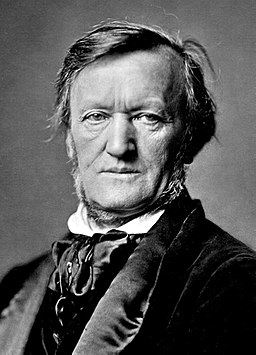 The Richard Wagner Society of the Upper Midwest
The Richard Wagner Society of the Upper Midwest
- Home
- Login
Please log in to continue
Please login to continue to the page you have requested.
 The Richard Wagner Society of the Upper Midwest
The Richard Wagner Society of the Upper MidwestPlease login to continue to the page you have requested.